WORLD TRAVEL NEWS ARTICLE
GERMANY
' SAXONY - CARS AND TRAINS IN IT'S CULTURAL HEART'
Germans love their cars. As a nation Germany has been at the forefront of car production ever since Carl Benz registered his patent DRP 37435 on 29 January 1886, the official birthday of the motor car. During 2011 Germany is celebrating the 125th anniversary of the automobile with the Cultural Heart of Germany as one of the prime destinations for motoring enthusiasts. Tour-smart investigates.
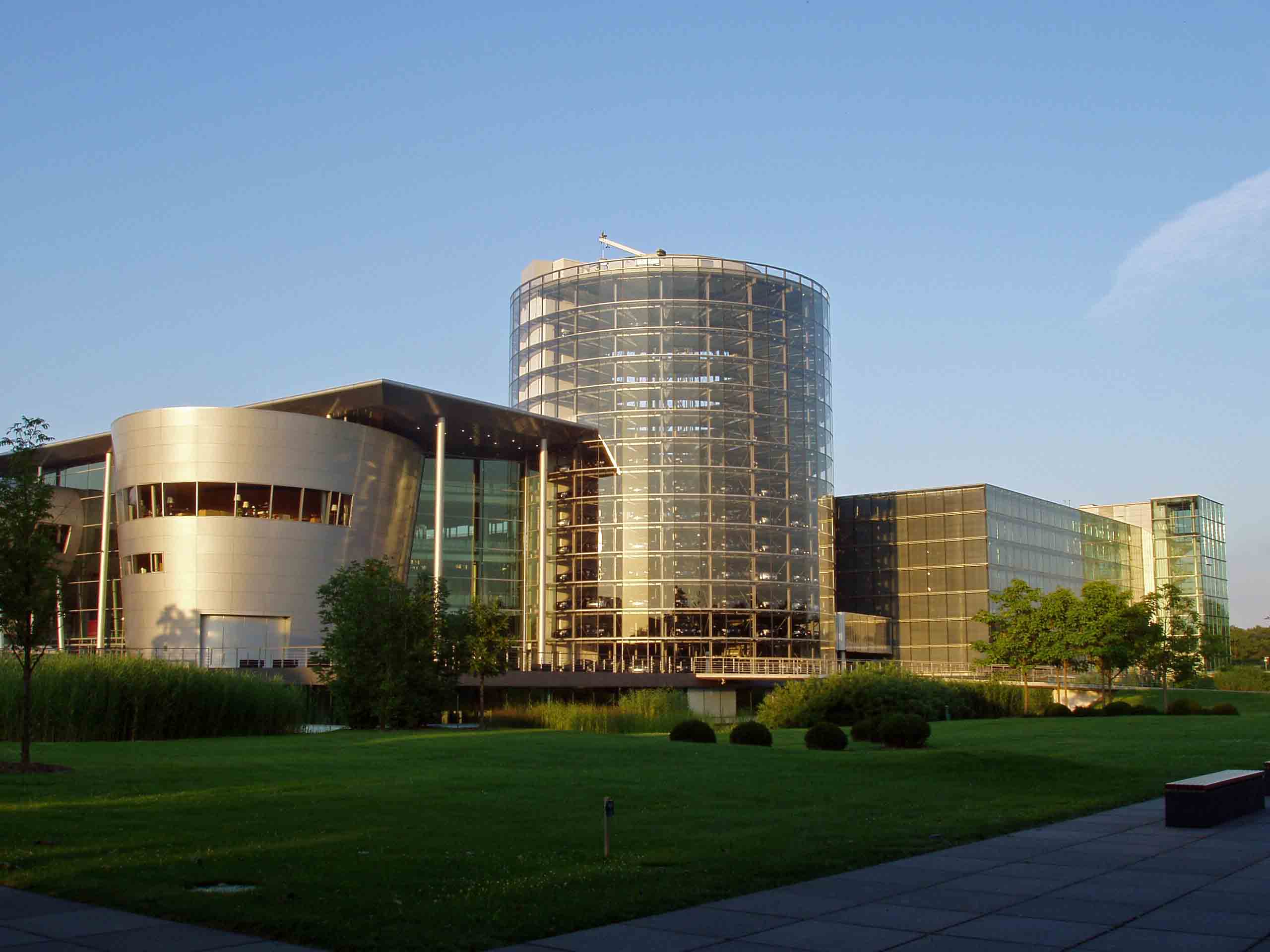
Volkswagen’s “Transparent Factory” in Dresden
In Saxony, car production has been big business for more than 100 years. For an excellent introduction to the subject we suggest you visit the Saxon Industrial Museum in Chemnitz with its wide range of exhibits. However, Saxony’s love affair with the car continues until today. Porsche, Volkeswagen and BMW have all established factories in the region in recent years. For instance there is Volkswagen’s “Transparent Factory” in Dresden, where visitors can get an insight into 21st century car making.
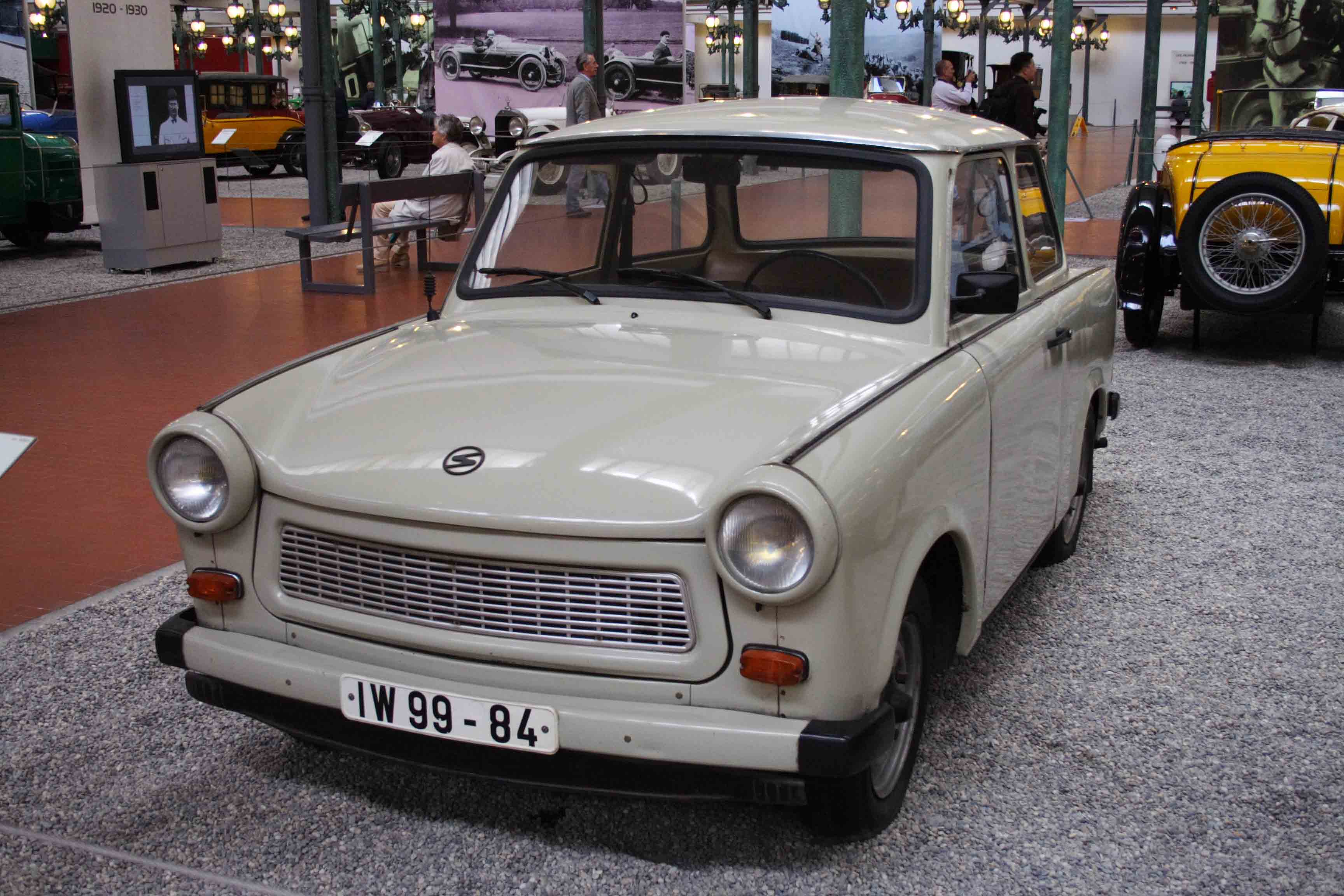
Trabant 601
Anyone interested in the history of the legendary Trabant should head to Zwickau and the August Horch Museum to explore the history of the iconic car that was mass-produced in communist East Germany.
Another treat for car enthusiasts can be found in Thuringia in Eisenach where the Fahrzeugfabrik Eisenach was the third company after Daimler and Benz to produce cars in Germany. The Automobile Museum in Eisenach documents more than 100 years of car production in the city and showcases vintage cars such as the Dixi 3/15 or BMW 323.
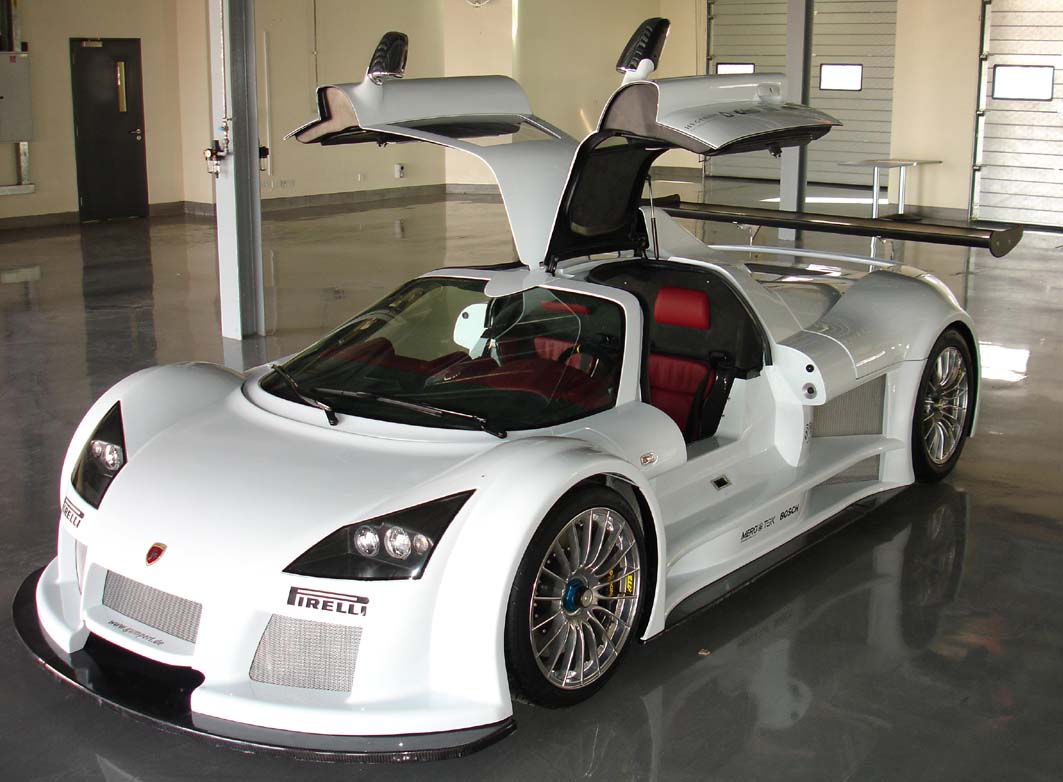
The Gumbert Apollo
For modern day car manufacturing, try Altenburg where Gumpert produces the Apollo, a limited edition state-of-the-art sports car.
Both, the Automobile Museum in Eisenach and Gumpert, offer English-language tours. For more information visit: VW’s “Transparent Factory” in Dresden, www.glaesernemanufaktur.de; Porsche factory in Leipzig, www.porsche-leipzig.com; Saxon Industrial Museum in Zwickau, www.saechsisches-industriemuseum.de; August Horch Museum in Zwickau, www.horch-museum.de; Automobile Museum in Eisenach, www.eisenach.de; Gumpert factory in Altenburg, www.gumpert.de.Saxony
Motorsport news
As one of the venues for the German Touring Car Championship (DTM), the Motorsport Arena in Oschersleben near Magdeburg in Saxony-Anhalt is a prime destination for racing car enthusiasts. Opened in 1997 as Germany’s third permanent racing track, it attracts more than 600,000 visitors every year. The site includes a driver safety training centre and a four-star hotel. Visit www.motorsportarena.com

Minis racing at the Oschersleben circuit
The Schleizer Dreieck, Germany’s oldest natural circuit, was opened near Schleiz in Thuringia in 1923 and is one of the few racetracks running anticlockwise. Visitors can book driving trainings and enjoy international competitions. Visit www.schleizer-dreieck.de
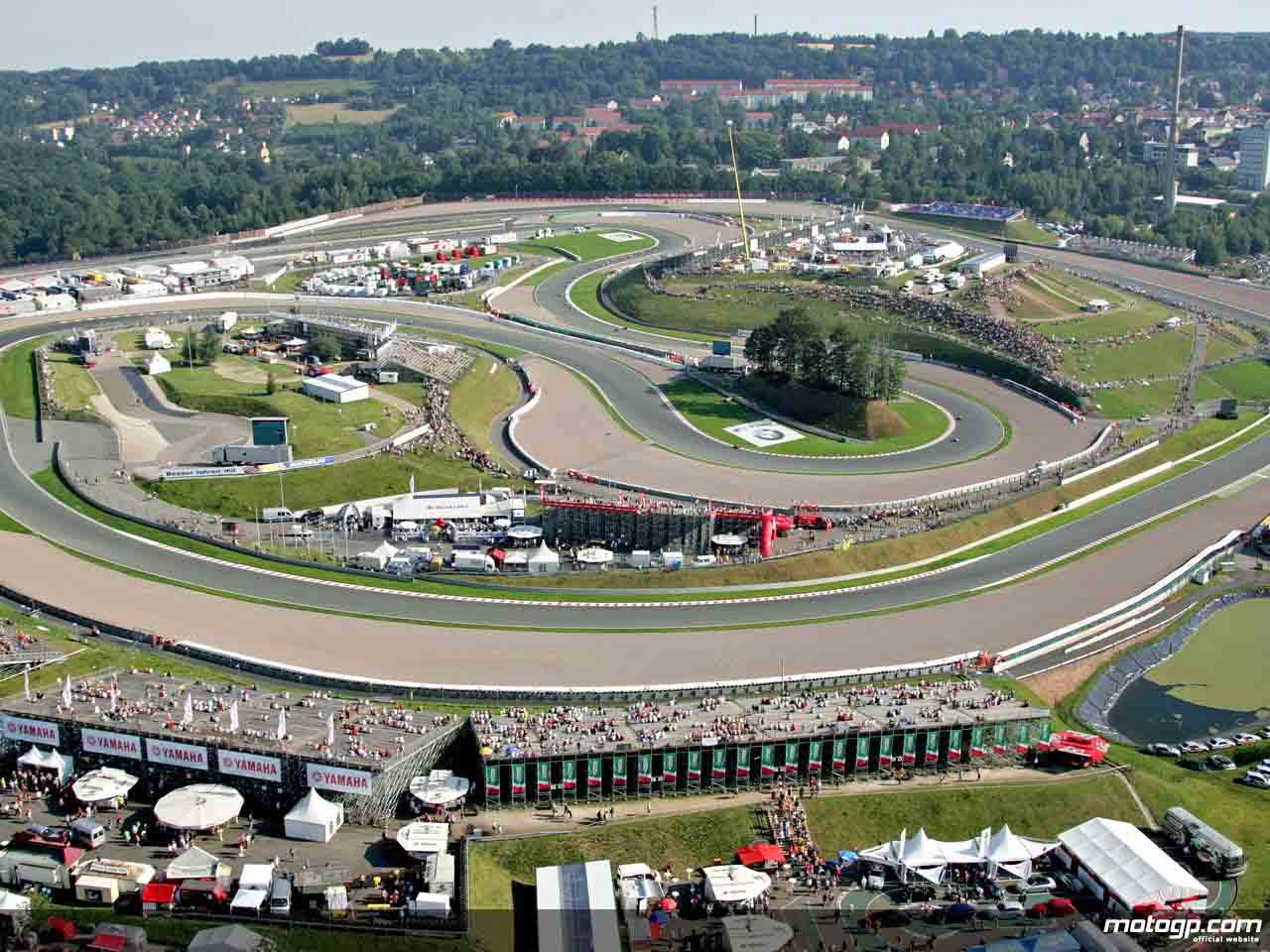
The Sachsenring
The Sachsenring near Chemnitz in Saxony is one of Europe’s largest and most modern racing circuits and not to be missed by serious racing sport aficionados. Every year, the German motorcycle Grand Prix takes place on this challenging racetrack. Visit www.sachsenring-circuit.com
Trains
No matter if railway enthusiast or not, anyone with a penchant for travelling in style will love the Harzer Schmalspurbahnen. Connecting the cities of Wernigerode, Nordhausen and Quedlinburg in the Harz mountains, these narrowgauge railways are Europe’s longest historical rail network on over 80 miles.
Since the majority of the trains feature steam locomotives, passengers can enjoy being hauled up the Harz mountains vintage style, with some good old huffing and puffing. However, those trains are not simply for tourists to enjoy but also offer a year round service connecting local communities. Since 1972, under a preservation order, the historical significance of the trains of the Harzer Schmalspurbahnen is widely recognized as an outstanding example of railway engineering.
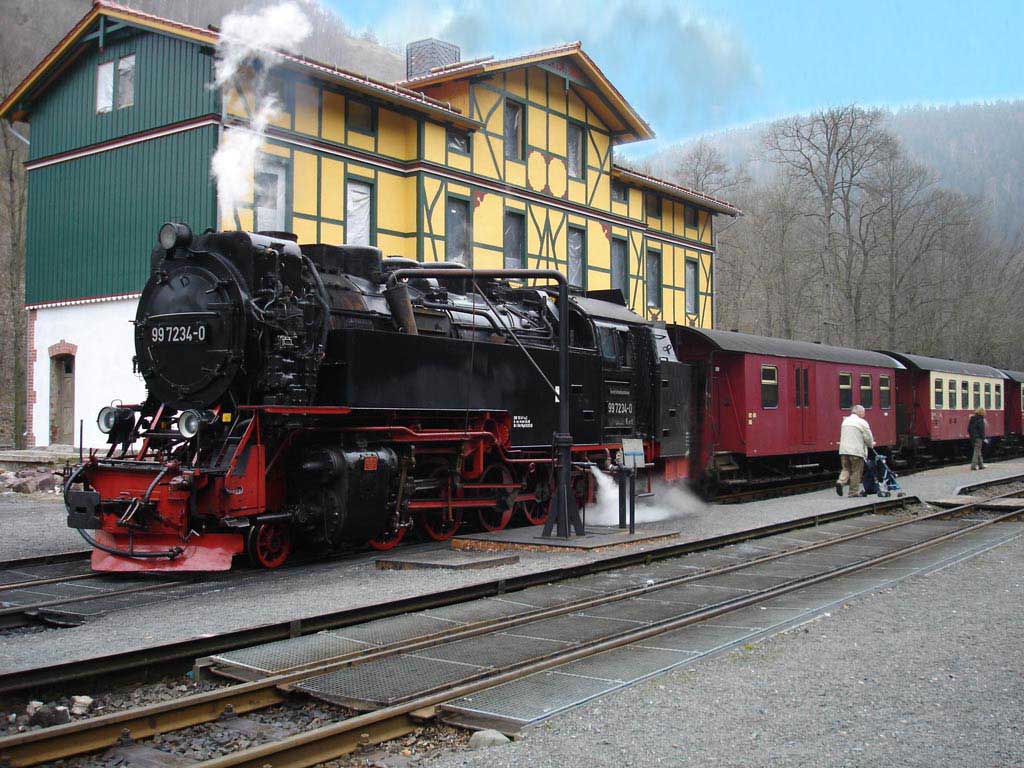
Harzer Schmalspurbahnen
A highlight of the network is the Brocken, the highest mountain in Northern Germany set in the “Hochharz” national park. Here, the Brocken Railway branch of the Harz narrow-gauge railways works its way up in a spectacular climb. Another favourite is the picturesque Nordhausen to the UNESCO world heritage town Quedlinburg route, a delightful town full of half-timbered houses.
For more information on the narrow-gauge railways see the following websites www.hsb-wr.de, www.saxon-steam.com
You may also like to read
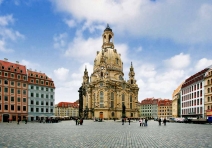
GERMANY - DRESDEN
Tour-smart's Anna Hyman brings this beautiful city to life for us.
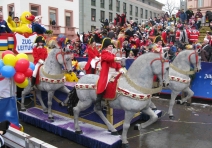
GERMANY, CARNIVAL IN MAINZ
Carnival revellers amongst our Tour-smart followers are pointed in the direction of Mainz.
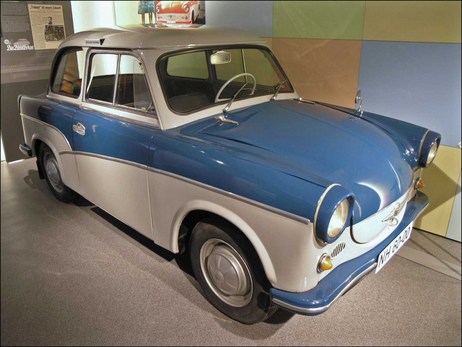
Comments